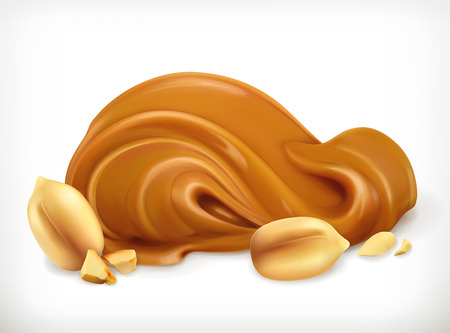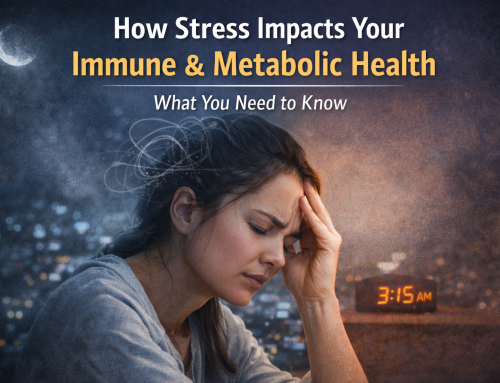Are there any healthy processed foods? The answer is “yes.” Some processed foods are actually good for you.
Men’s Health published a list of “processed foods” that are good for you. I agreed with some but not others. Here are a few of them. Here are the ones that I think are nutritious and can be included in a healthy diet.
Healthy Processed Foods
Here are some healthy processed foods:
Peanut Butter
Raw, “activated” nuts might be trendy, but for the sizeable compromise you’ll make in flavor, you’ll gain nothing in health benefits. Good PB brands roast the nuts in their skins, then grind them to a paste, adding nothing but a pinch of salt. Studies show they rival the antioxidant content of strawberries. What’s more, the roasting process can actually increase the nuts’ overall antioxidant content by more than a fifth.
Frozen Gyoza
The healthiest, trendiest face of Eastern cuisine, Japanese mushi gyoza and Chinese dim sum are typically stuffed with shiitake mushrooms, a single portion of which is enough to lower levels of disease-causing inflammation, as well an inhibiting the growth of cancerous tumors, according to Faseb journal. “Plus, the fact that they’re steamed rather than fried means they’re very lean, coming in at fewer than 50 calories each,” says performance nutritionist Matt Hodges. Not all dumplings will make you dumpy.
Jerky
If you thought grass-fed, organic beef was the epitome of clean protein, we can do you one better. Gram for gram, elk is the leanest of all red meats, with almost half the calories in your average cut of cow along with a milder, sweeter flavor. “It also has a better balance of monounsaturated fatty acids than most meats,” says Hodges. Many shops now offer a range of options, but beef works too. It’s an easy, grab-and-go, high-protein snack.
Parmigiano Reggiano
It’s not just a slightly more pretentious term for Parmesan. Cheese bearing this official moniker is subject to rigorous standards that your average wedge is not. Cows are better fed, the milk isn’t heat-treated, and it must be aged for at least a year. It makes a difference: a study published in Cancer Research found polyamine compounds in well-aged cheeses can counteract liver damage. An indulgent way to offset prior indulgences, in other words.
Dried Apricots
If you’re prone to finding old fruits and vegetables at the back of your fridge, you’re not the only one: more than a third of Europe’s fruit and veg ends up wasted. Fresh, it seems, isn’t always best. Fortunately, the heat-drying process results in minimal nutrient loss. “Instead, it simply concentrates the fiber and polyphenols in a denser, longer-lasting package,” says registered dietitian Tabitha Ward. Dark, unsulphured apricots have a natural caramel-like taste – without the caramel-like sugar coma – and contain more heart-protective potassium than a banana.
Smoked Anchovies
An underappreciated protein source (12g per half tin), these are too often limited to the odd Neapolitan pizza or Caesar salad. This particular variety is brined and cold-smoked before tinning, resulting in a delicate texture and taste while preserving the fish’s healthy fats and micronutrients. “They’re rich in iodine, zinc and calcium, and are a good way to get more oily fish into your diet,” says Harley Street nutritional therapist Alice Mackintosh. Nardin’s beech-smoked are a favorite with chefs. Enjoy with crusty bread and butter.
Marinara Sauce
Spaghetti and sauce is the ultimate low-fuss comfort food, while also dishing up quick carbs after late training. You could dice the onion, garlic and herbs yourself, but sports dietitian Renee McGregor says you will see little return from your effort. Your body absorbs more lycopene, an anti-cancer compound, from tomatoes in a jar of marinara, thanks to the puréeing, and pasteurization preserves the nutrients. Its sugars are natural, too. Even a can of plain toms has 15g. Just change out of your white tee before you tuck in.
Baked Beans
The impoverished student’s staple protein source should not be canned from your repertoire just because you’re commanding a regular pay cheque. They’re a great source of iron and B vitamins and are technically one of your five-a-day. Better yet, “The heart-protective folate and thiamine in haricots survives canning better than it would the lengthy soaking and cooking necessary to prep dried beans at home,” says Ward. Toast or spud, then?
Rye Bread
Processed grains are decidedly untrendy these days, due to the rising low-carb movement. But this idea is half-baked: fibrous wholegrains – and rye in particular – are a great weapon for combatting type 2 diabetes, according to Swedish scientists. German pumpernickel, made with coarsely ground rye, is the smartest pick, but a study by Sweden’s Lund University found even ultra-processed white rye has a gentler effect on blood sugar than regular wholemeal bread. Use your loaf in the bakery aisle.
Click here to read more about healthy processed foods.






